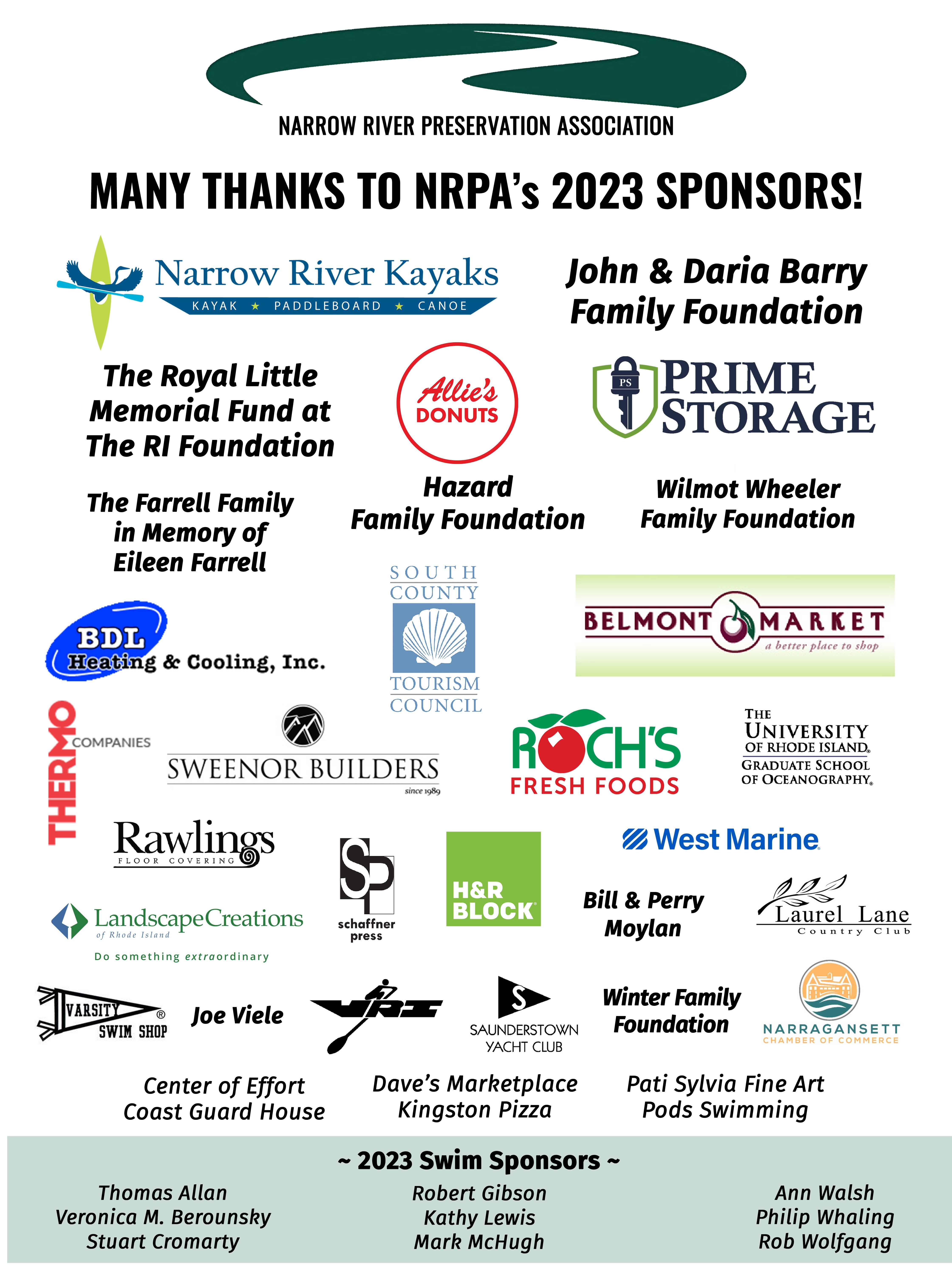Jon C. Boothroyd, Ph.D.
1938-2015
Scientist, Teacher, Friend of the River
Follow Jon on a Geology Walk on Block Island during the 2010 BioBlitz in a film by Curt Milton.

View a story map with “samples of field notes, and assorted pictures and images highlighting Jon’s research and professional career” assembled by his 44th Grad Student, Scott Rasmussen.
We have lost a great friend. Jon Boothroyd, shown above answering questions about coastal storm hazards on a walking tour of Narragansett Beach in 2012, died at his home in South Kingstown on Thursday, October 15. Jon served for more than 20 years on the Narrow River Preservation Association Board of Directors and he always sported his tattered NRPA ball cap in case you had any doubt about his allegiance. He was NRPA’s Vice President-Science, a trusted colleague, and what made him proud, the recipient of the 2000 W.E.R. La Farge Friend of the River Award.
Fellow Board member Veronica Berounsky wrote this remembrance of Jon:
Jon Boothroyd was Research Professor Emeritus at the University of Rhode Island’s College of the Environment and Life Sciences, the Rhode Island State Geologist, and a Narrow River Preservation Association Board member for over 20 years. Having returned to a normal active life after slipping on Super Storm Sandy wet leaves and falling and breaking his hip, we thought that nothing could stop Jon, so his death comes as a surprise, despite his 77 plus years.
Jon received his Ph.D. in 1974, University of South Carolina in Columbia (Geology) and had lots of stories to tell about coastal South Carolina, including the Outer Banks. Two years earlier he earned his M.S. at the University of Massachusetts in Amherst (Geology). But he was particularly happy to let you know that he received his undergraduate degree in 1962 from his home state university, the University of New Hampshire in Durham (Economics). He certainly enjoyed living in the state of Rhode Island and he loved all its coastal environments, but he always made time to get back to his hometown in the middle of New Hampshire and enjoyed skiing there until he broke his hip.
Jon considered himself a field geologist and he specialized in coastal and also glacial environments. His scientific research work was extensive and thorough. His courses were legendary for the depth of knowledge gained and the awesome field trips. Jon was a born teacher, and made geology interesting whether it was in the classroom or on a public field trip to look at coastal geologic hazards or in discussion over a beer at the Willows. In 1996 he was appointed the Rhode Island State Geologist and kept that position until his death, and he also established the Rhode Island State Geologic Survey. He seemed to have infinite patience and despite having to explain geologic processes to non-geologists for years, he never tired of talking about the 100-year storm, explaining the role of tide gauges and taking people out on coastal walks. One of my personal highlights was being on a field trip lead by Jon to the Mohegan Bluffs on Block Island. And that was after he was an invited speaker at a New England Estuarine Research Society (NEERS) symposium on climate change held out on Block Island.
As the NRPA Vice President for Science, he sloughed through lots of files and permit applications in order to make an informed decision and report on the issue for the next Board meeting. He was always the voice of reason and he knew when to fight and when not to fight a permit application. And he was forever willing to answer a question and did so in a way anyone could understand. Jon was a great advocate for using science for good management and his work in that area is just part of his legacy and we are all better for it.
And Jon could be forceful in a discussion, but he, I know this sounds like a cliché, he always ended with smile. He loved his work and all the ways he could use his work for good. But more than that, he was a good person. He is irreplaceable and he is already being missed!
Veronica Berounsky, October 15, 2015
This slideshow requires JavaScript.
 Hayley Hebert, South Kingstown High School
Hayley Hebert, South Kingstown High School
 Tracy Kurdziel, North Kingstown High School
Tracy Kurdziel, North Kingstown High School












